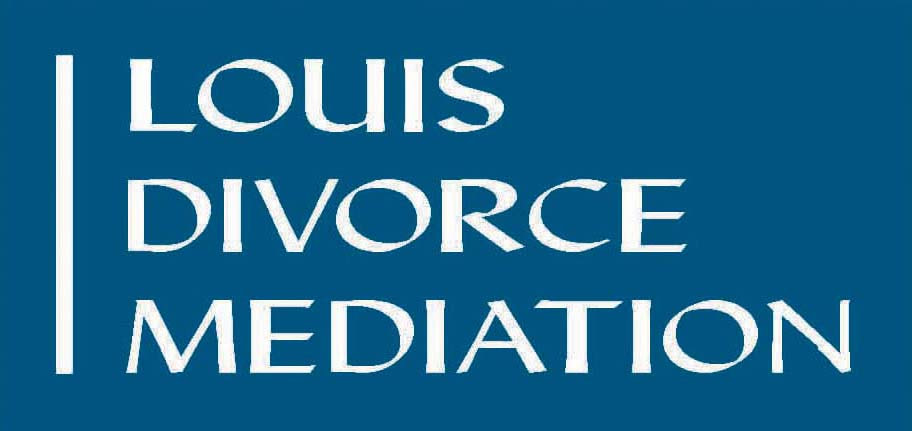Louis Divorce Mediation ~ Online and In-Person Mediation in Chicago
|
Often your most valuable asset, the family home is the focus of significant negotiations in most divorce mediation cases. This second installment on that subject looks at logistical factors you need to consider in deciding the future of that home.
Note: Financial issues surrounding home ownership and sale during divorce can seem daunting. As an experienced mediator with decades of experience in finance and accounting, I offer my clients expert help in making sense of everything they need to understand to make thoughtful decisions about the future of their home. I urge clients to review and revisit the kind of information described below, note questions and comments, and allow me to guide them through the financial maze. Hopefully reviewing the major topics here will help you consider your own situation with greater clarity. Can you refinance? It is one thing for spouse A and spouse B to agree on who will keep the house, and they may even be able to agree on a value on the house, whether by appraisal or a number that both find acceptable. However, if you are going to buy your ex out (or vice versa) and you are both listed on the mortgage, chances are that the person not staying in the house will want to come off the mortgage to obtain their own future credit for another home purchase and avoid any residual liability for being listed on a mortgage that you’ve agreed to pay for. This means having to refinance the current mortgage and being qualified to do so. Your income and current debt will be significant factors in qualification, and any income from child support or maintenance will need to be paid for a minimum period of (usually) six months before an application for refinancing can commence. As a result some cooperation about an interim plan may be needed. Before looking at a refinance, I suggest that you check with your lender about whether there is any possibility that you (or your spouse, if they are keeping the house) can assume the current mortgage in their name alone, meaning that the other spouse would be taken off the loan without any of the terms (like interest rate, especially if low) being changed. While not many lenders allow this, some do. Keeping a low interest rate (in a rising interest rate market) can be a huge monthly savings. On the other hand, assuming a mortgage will not give you the ability to obtain cash through borrowing for a buyout, so another lending source may be needed for the resources to pay your ex their share of the equity. Transaction Fees Refinancing is not inexpensive. The lender will have an origination fee, and there are other costs that will be encountered in a refinance. Lenders should be able to provide detailed estimates. Some costs can be included in the amount to be borrowed; others may need to be paid in advance or at closing. If the ownership of the residence will be transferred from joint ownership to you (or your ex), a deed will need to be prepared and filed. Transfer taxes on the property transfer may be levied, just as if the home had been sold to a third party. Many municipalities will not waive the transfer tax if the transfer is between former spouses. Some may waive the fees if the transfer takes place before the divorce is finalized. How much is your home worth? If you decide to sell your home, you can find out its value, as it will be listed on the open market. Hopefully, you will soon receive offers to sell at a price you can accept, which will represent the value of your home. Any realtor you work with will have done research to assist you in arriving at a good listing price. In a buyout, it’s not as simple. Since your home is not being listed for sale, no one will be making an offer. Most would agree that a professional appraisal (usually costing $300-$500) is an objective method for valuation. It’s also possible that the home was recently appraised for a refinance. Another option is to use a bank appraisal as the measure of value if the home is being refinanced. What’s the right plan? The mediation process will involve a thorough review of options and any additional research or obstacles to be overcome in deciding how to handle the family home. This information will give you the chance to develop a plan that best meets everyone’s needs. The mediation process will involve a thorough review of these options and any additional research or obstacles to be overcome in deciding how to handle the family home. This information will give you the chance to develop a plan that best meets everyone’s needs.
0 Comments
Leave a Reply. |
Categories |
David Louis, MPA, CDFA® • Louis Mediation Services - Chicago
|
Chicago Office: 1700 W Irving Park Rd., Suite 105, Chicago, IL 60613
Northbrook Office: 555 Skokie Blvd., Suite 500, Northbrook, IL 60062 |
Copyright © 2024


 RSS Feed
RSS Feed